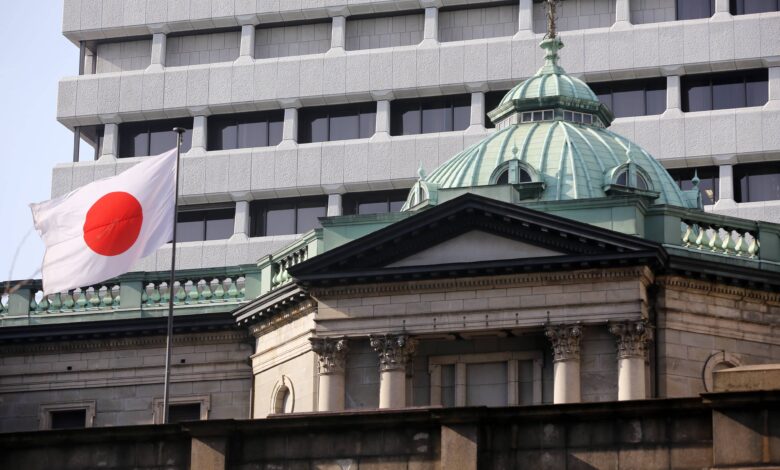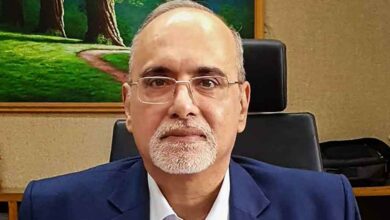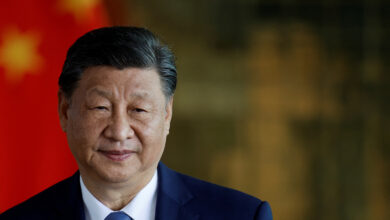
Japan raises interest rates for first time in years as inflation bites
In a landmark move, Japan’s central bank hiked rates from negative to positive territory, ending an ultra-loose monetary regime pursued for nearly a decade to fire growth. The Bank of Japan (BOJ) increased its key rate from -0.1% to 0.1%, bowing to unrelenting wage and consumer price pressures.
In 2016, it had taken rates sub-zero, but no nation retains negative rates today. With corporations now raising salaries at three-decade highs to offset the rising cost of living, the BOJ also retired its unconventional yield curve control policy.
The move saw it absorb government bonds, sustaining depression-like rates – a policy criticized for warping markets. Earlier this month, Japan Inc. agreed on a 5.28% pay raise—the biggest in over 30 years—paving the way for BOJ action. Governor Ueda assumed charge last year and was anticipated to pull the monetary trigger.
Experts contend inflation may spell opportunity and risk for the import-reliant economy, though wage gains spurred productivity hopes. As trade unions now bargain for smaller increments, sustaining higher rates is uncertain.
Despite slowing price momentum, core inflation remained anchored at BOJ’s 2% target in January, validating departure from the policy straitjacket. A technical recession was sidestepped as Q4 GDP growth was revised upward at 0.4%.
With trade and pandemic risks receding lately, lifting the economy’s animal spirits, Japan’s equity index surpassed a 1988 pinnacle last month. Fresh cues on further normalization, or lack thereof, will set the market tone.



